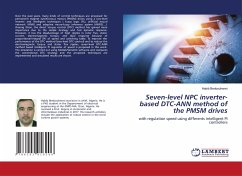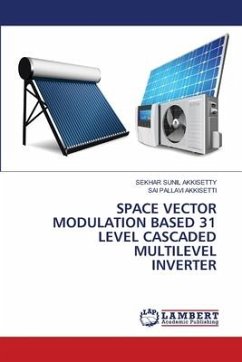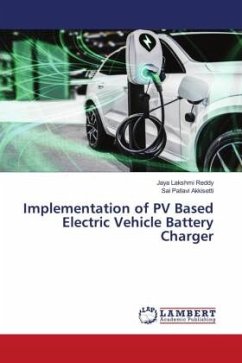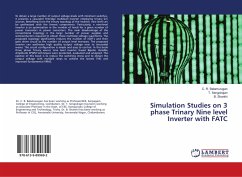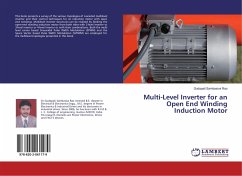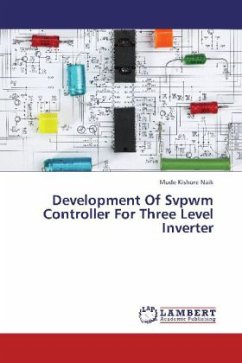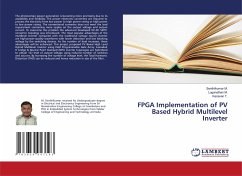Over the past years, many kinds of control techniques are proposed for permanent magnet synchronous motors (PMSM) drives using a two-level inverter and intelligent techniques ( fuzzy logic (FL), artificial neural network (ANN) and adaptive neuro-fuzzy inference system (ANFIS)...). Among them, the direct torque control (DTC) method has gained more importance due to the simple strategy and fast dynamic response. However, it has the disadvantage of high ripples in rotor flux, stator current, electromagnetic torque, and slow response because of proportional-integral (PI) of speed and switching table. To improve the performance of the DTC method (two-level DTC control) and to reduce the electromagnetic torque and stator flux ripples, seven-level DTC-ANN method based intelligent PI regulator of speed is proposed in this work. The simulation is carried out using Matlab/Simulink software and compares the conventional DTC strategy and the proposed techniques are implemented and simulated results are shown.

